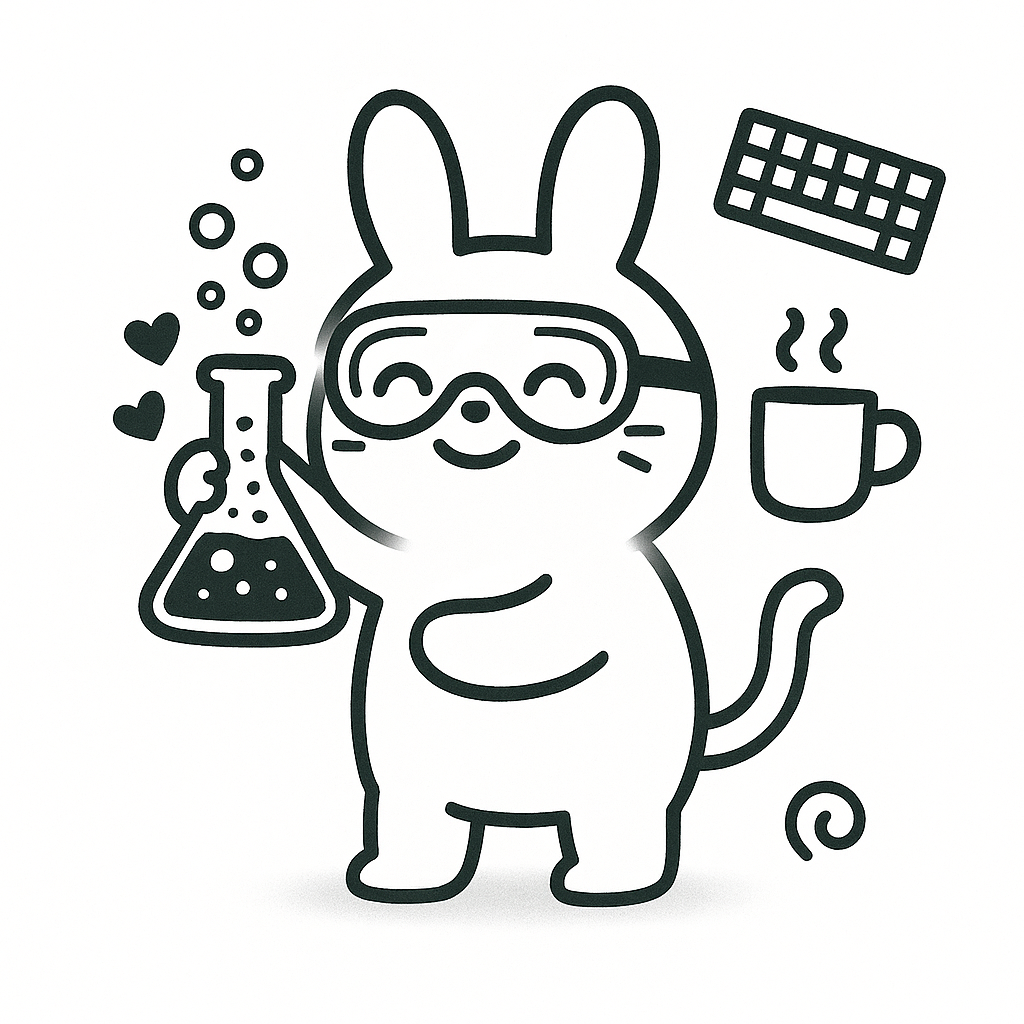For centuries, people have turned to journaling as a way to process their thoughts and emotions. But what does modern science tell us about this ancient practice? Recent research reveals that journaling isn't just therapeutic—it's transformative, creating measurable changes in our brains and bodies.
The Neuroscience of Writing
When you put pen to paper (or fingers to keyboard), your brain activates multiple regions simultaneously. The prefrontal cortex, responsible for executive function and emotional regulation, works overtime to organize your thoughts into coherent sentences. Meanwhile, the hippocampus, crucial for memory formation, helps you recall and contextualize experiences.
Dr. James Pennebaker, a leading researcher at the University of Texas, has conducted groundbreaking studies on expressive writing. His research shows that just 15-20 minutes of writing about traumatic or stressful experiences for four consecutive days can lead to:
- Improved immune function
- Reduced blood pressure
- Better sleep quality
- Enhanced mood and emotional regulation
- Increased working memory capacity
The Stress-Reduction Connection
"Writing about emotional experiences helps people process and make sense of traumatic events, reducing their impact on physical and mental health." - Dr. James Pennebaker
Chronic stress floods our system with cortisol, the stress hormone that can wreak havoc on our health. Journaling acts as a pressure release valve, helping to regulate cortisol levels. A 2013 study published in Psychosomatic Medicine found that participants who engaged in expressive writing showed significant decreases in cortisol levels compared to control groups.
How Journaling Reduces Stress
The stress-reduction benefits of journaling work through several mechanisms:
- Cognitive Processing: Writing helps you organize chaotic thoughts and emotions, making problems feel more manageable.
- Emotional Distance: The act of writing creates psychological distance from stressful events, reducing their emotional impact.
- Pattern Recognition: Regular journaling helps you identify stress triggers and develop better coping strategies.
- Self-Validation: Acknowledging your feelings through writing provides emotional validation and reduces internal conflict.
Memory Enhancement and Cognitive Benefits
Beyond stress reduction, journaling significantly impacts memory and cognitive function. When you write about experiences, you're essentially rehearsing memories, strengthening the neural pathways associated with those events. This process, called "elaborative encoding," makes memories more vivid and accessible.
Research published in the journal Advances in Psychiatric Treatment demonstrates that journaling can:
- Improve working memory performance
- Enhance problem-solving abilities
- Increase cognitive flexibility
- Boost creative thinking
- Improve academic and work performance
The Emotional Intelligence Factor
Regular journaling significantly enhances emotional intelligence—the ability to understand and manage your emotions while empathizing with others. By consistently reflecting on your emotional experiences, you develop greater emotional vocabulary and awareness.
Building Emotional Vocabulary
Many people struggle to identify and articulate their emotions beyond basic feelings like "happy," "sad," or "angry." Journaling encourages you to dig deeper, exploring nuances like:
- Feeling anxious vs. overwhelmed vs. restless
- Being disappointed vs. frustrated vs. discouraged
- Experiencing joy vs. contentment vs. excitement
This expanded emotional vocabulary leads to better emotional regulation and stronger relationships.
The Physical Health Connection
Perhaps most surprising is journaling's impact on physical health. Studies have shown that expressive writing can:
- Strengthen immune system function
- Reduce symptoms of asthma and rheumatoid arthritis
- Lower blood pressure
- Improve liver function
- Reduce the number of doctor visits
The mind-body connection is powerful, and journaling provides a unique way to influence physical health through mental and emotional processing.
Getting Started: Evidence-Based Techniques
Ready to harness the science-backed benefits of journaling? Here are research-supported techniques to maximize your practice:
The 20-Minute Rule
Based on Pennebaker's research, aim for 15-20 minutes of continuous writing. Don't worry about grammar or spelling—focus on emotional expression and honest reflection.
Focus on Growth, Not Just Problems
While processing negative experiences is important, also write about positive events, gratitude, and personal growth. This balanced approach enhances the mood-boosting benefits of journaling.
Be Specific and Detailed
Instead of writing "I had a bad day," explore what specifically made it challenging, how you felt, and what you learned from the experience.
The Future of Journaling: AI-Enhanced Reflection
As our understanding of journaling's benefits grows, technology is opening new possibilities for enhanced self-reflection. AI-powered journaling apps can provide personalized insights, pattern recognition, and guided prompts based on psychological research.
This is where tools like InnerPrompt come in—combining the proven benefits of traditional journaling with AI-powered insights to accelerate personal growth and emotional understanding.
Conclusion: Your Brain on Journaling
The science is clear: journaling is far more than a simple diary-keeping practice. It's a powerful tool for mental and physical health that creates lasting changes in how your brain processes emotions, memories, and stress.
Whether you're dealing with stress, seeking personal growth, or simply wanting to understand yourself better, the research shows that just a few minutes of writing each day can transform your mind and improve your life.
Ready to experience these benefits for yourself? Start with just five minutes today—your brain will thank you.



